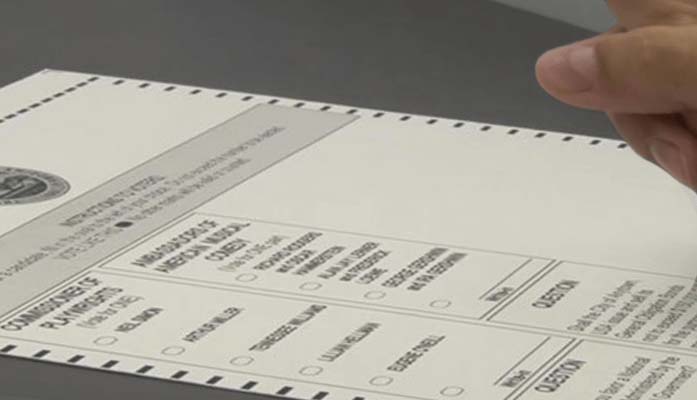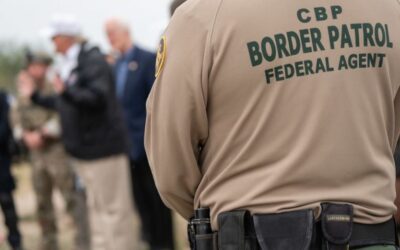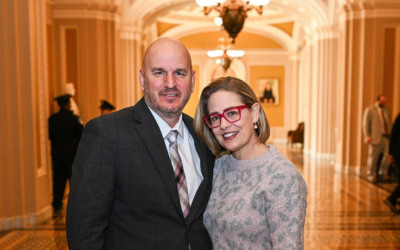By Terri Jo Neff |
If Maricopa County Recorder Stephen Richer intended to quell support for Proposition 309 last week, his effort appears to have backfired. And on top of that, he is the subject of an investigation by the Arizona Attorney General’s Office, sources say.
On Oct. 11, Richer issued an email via his county account to media outlets promoting a letter “from all 15 Arizona County Recorders” about Prop 309, which the email and the letter state the Arizona Association of County Recorders (AACR) opposes.
The next day, election attorney Tim La Sota asked Attorney General Mark Brnovich to investigate the AACR’s use of Maricopa County resources to sway voters into casting a “no” vote. Richer’s actions on behalf of AACR violated two state laws which prohibit the use of public funds and public resources to influence any campaign or contest, La Sota wrote.
Prop 309 seeks to require voters who use early ballots to vote by mail to write their birthdate and a government-issued identification number on the early ballot affidavit along with the voter’s signature, which is already required. Often referred to as universal voter ID, it would also require in-person voters to present a form of photo identification such as a driver’s license or state identification card.
The AACR letter, which is printed on letterhead listing the names of the county recorders along the side, is signed “The People Responsible for Early Voting in Arizona.” The email goes further, showing it being “signed” by each of the individual recorders with their name and county noted, implying the county recorders were unanimous in their opposition.
Like many government associations, the AACR conducts its business based on a majority rule. This includes the association’s position on various matters, which is not always the same as that of the individual recorders.
For instance, Cochise County Recorder David Stevens is a very vocal proponent of Prop 309 and was consulted by lawmakers when the legislation’s language was drafted. This raised questions about the veracity of the email and letter issued by Richer, particularly after he retweeted that “Arizona’s county recorders put out a letter unanimously opposing #prop309.”
And in a subsequent Twitter exchange, Richer insisted it was a “unanimous voice vote…no nays, all ayes” with 14 of the 15 counties present (Apache County not in attendance).
Stevens wrote to Richer, demanding “a public retraction of this letter along with your apology for misleading the public.” He also questioned whether Richer was “pushing your own agenda” by giving the false impression of unanimity among the recorders on the Prop 309 issue.
The situation was further aggravated by the fact a newspaper in Stevens’ county published part of the AACR’s anti-Prop 309 letter with him listed as a signer.
Stevens told AZ Free News he was out of the country when the voice vote was conducted on Sept. 29. He was represented at the meeting by his chief deputy, who does not have a blanket proxy to vote on Stevens’ behalf.
“She was not elected by the people of Cochise County and is very careful to not speak on my behalf unless I have asked her to speak for me,” Stevens explained.
As to the statement by Richer, who is an attorney, that it was a unanimous vote, Stevens said any elected official—particularly one responsible for conducting elections—should know “that not voting no is not the same as voting yes.”
Stevens plans to push for all AACR votes in the future to be conducted by roll call, so there is documentation of how each recorder votes on a specific matter.
There has been no retraction by Richer nor AACR as of press time, but he quickly conceded it was “not appropriate” for him to post the AACR letter to the Maricopa County website.
“The letter has been taken down,” Richer said after the controversy erupted. As to La Sota’s complaint to the attorney general, Richer suggested the matter has “already been resolved” with the removal of the letter.
But election integrity proponents say the matter must not end there, as there must be consequences for the actions of AACR—and Richer specifically—for giving voters incorrect information about the group’s anti-Prop 309 position. In the meantime, supporters of strengthening voter ID laws are reporting more interest from voters on the subject.








